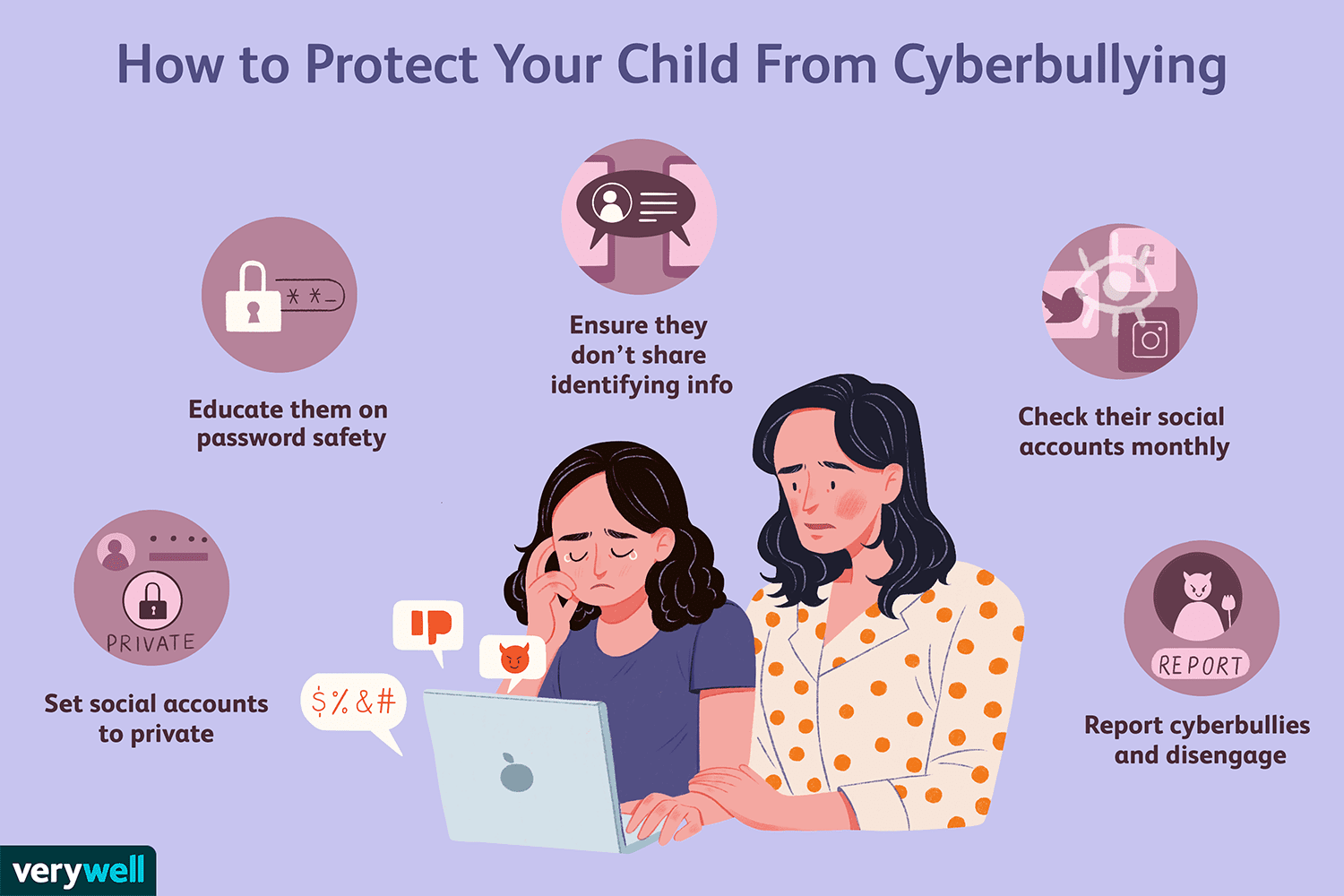Ahmedabad
(Head Office)Address : 506, 3rd EYE THREE (III), Opp. Induben Khakhrawala, Girish Cold Drink Cross Road, CG Road, Navrangpura, Ahmedabad, 380009.
Mobile : 8469231587 / 9586028957
Telephone : 079-40098991
E-mail: dics.upsc@gmail.com

Cyberbullying
Background:
• School closures as a response to the COVID-19 lockdowns have led to an unprecedented rise in unsupervised screen time for children and young people, which in turn exposed them to a greater risk of online violence.
• In India, an estimated 71 million children aged 5-11 years access the Internet on the devices of their family members, constituting about 14% of the country’s active Internet user base of over 500 million
• There is growing scientific evidence which suggests that cyberbullying has negative consequences on the education, health and well-being of children and young people.
• Published in 2019 and drawing on data from 144 countries, UNESCO’s report ‘Behind the numbers: Ending school violence and bullying’ highlighted the extent of the problem, with almost one in three students worldwide reporting being bullied at least once in the preceding month.
• Therefore, cyberbullying prevention interventions should aim at tackling all types of bullying and victimisation experiences at the same time, as opposed to each in silo.
Solutions:
• Although online violence is not limited to school premises, the education system plays a crucial role in addressing online safety.
• To prevent and counter cyberbullying, the information booklet brought out by UNESCO in partnership with NCERT on Safe Online Learning in Times of COVID-19 can be a useful reference.
• Effective interventions also require gender-sensitive and targeted approaches that respond to needs of learners who are most likely to be the victims of online violence.
• Concerted efforts must be made to provide children and young people with the knowledge and skills to identify online violence so that they can protect themselves from its different forms, whether perpetrated by peers or adults.
• Teachers also play a critical role by teaching students about online safety, and thus supporting parental involvement.
• It is imperative that digital and social media platforms are free of cyberbullying, if learners have to access quality education. More importantly, confidential reporting and redress services must be established.

Address : 506, 3rd EYE THREE (III), Opp. Induben Khakhrawala, Girish Cold Drink Cross Road, CG Road, Navrangpura, Ahmedabad, 380009.
Mobile : 8469231587 / 9586028957
Telephone : 079-40098991
E-mail: dics.upsc@gmail.com
Address: A-306, The Landmark, Urjanagar-1, Opp. Spicy Street, Kudasan – Por Road, Kudasan, Gandhinagar – 382421
Mobile : 9723832444 / 9723932444
E-mail: dics.gnagar@gmail.com
Address: 2nd Floor, 9 Shivali Society, L&T Circle, opp. Ratri Bazar, Karelibaugh, Vadodara, 390018
Mobile : 9725692037 / 9725692054
E-mail: dics.vadodara@gmail.com
Address: 403, Raj Victoria, Opp. Pal Walkway, Near Galaxy Circle, Pal, Surat-394510
Mobile : 8401031583 / 8401031587
E-mail: dics.surat@gmail.com
Address: 303,305 K 158 Complex Above Magson, Sindhubhavan Road Ahmedabad-380059
Mobile : 9974751177 / 8469231587
E-mail: dicssbr@gmail.com
Address: 57/17, 2nd Floor, Old Rajinder Nagar Market, Bada Bazaar Marg, Delhi-60
Mobile : 9104830862 / 9104830865
E-mail: dics.newdelhi@gmail.com